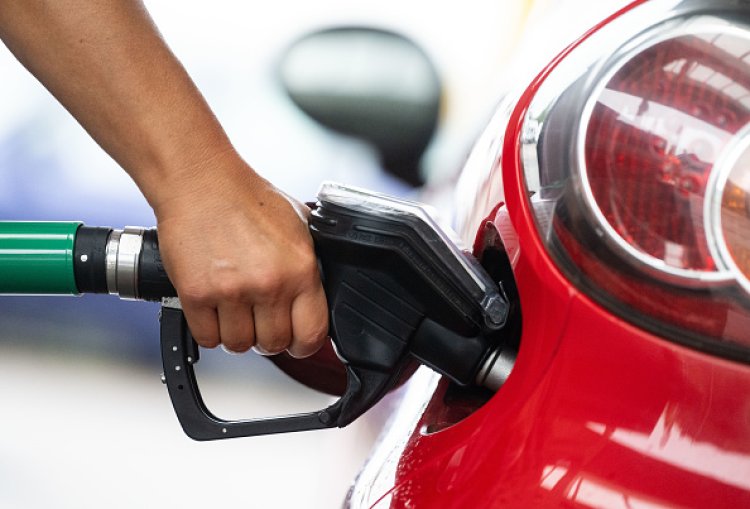Tough Times for Motorists as Fuel Prices Shoots up
Motorists in Kenya will now have to dig much deeper into their pockets as fuel prices have been hiked.

With the new fuel prices in Nairobi, a litre of petrol will retail at KSh 179.30 up from KSh 159 per litre at the point of sale with no subsidies, an increase of Sh20.18.
A litre of diesel will be sold at KSh 165.00. This indicates an increase of ksh25 per litre. Additionally, a litre of kerosene will now retail at KSh 147.94 showing an increase of Sh20.
This comes at a time the newly sworn-in President William Ruto stated that the fuel subsidy programme that was in place was unsustainable.
The costs are totalled with the 8% Value Added Tax (VAT).
As previously announced, President William Ruto's administration removed the gasoline subsidy on petroleum products, which led to an increase in fuel prices.

Super fuel no longer receives a subsidy, although diesel and kerosene continue to get subsidies of Sh20.82 and Sh26.25 per litre, respectively.
The price hikes for fuel go into effect right away.
The new fuel prices have ignited a lot of mixed reactions from the netizens with others reflecting back on what the president pledged to the people of Kenya during his campaign days.
Dont worry the house of bishops are currently fasting in Statehouse lounge for miracles to happen, dont be surprised we may be buying #Fuel as cheap as 1k për liter Recho has started meeting prohets across Africa for devine intervention serikali ya hasoraaaaas indeed meanwhile pic.twitter.com/Q5A7NjtYc0
— MADOKA M KIBET, HSC (@MKMadoka_) September 15, 2022
The fuel prices hike comes at a time the Matatu operators are considering increasing fares across the country following the spike in fuel prices as announced by Energy and Petroleum Regulatory Authority (EPRA).
Matatu Welfare Association Chair Dickson Mbugua stated on Thursday that Operators had to decide whether to increase fares across the board or run their business at a loss.
“We are convening a meeting on Tuesday, to discuss whether or not to increase fares because Kenyans have been hit hard and if we hike the cost, they may not comfortably afford them," he explained.
Mbugua stated that the Federation would approach President William Ruto to request a meeting to discuss exempting the public service vehicles (PSVs) from the cost increases.
“We are looking to lobby the government to consider the PSV sector as an essential service and possibly give some kind of remedy or offer discounted rates,” the MWA Chair stated.


























